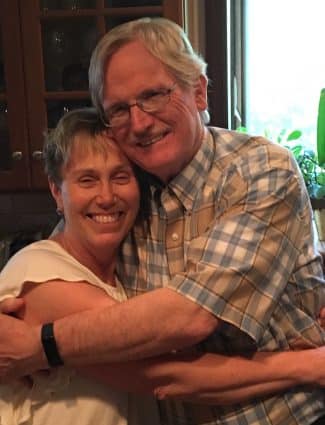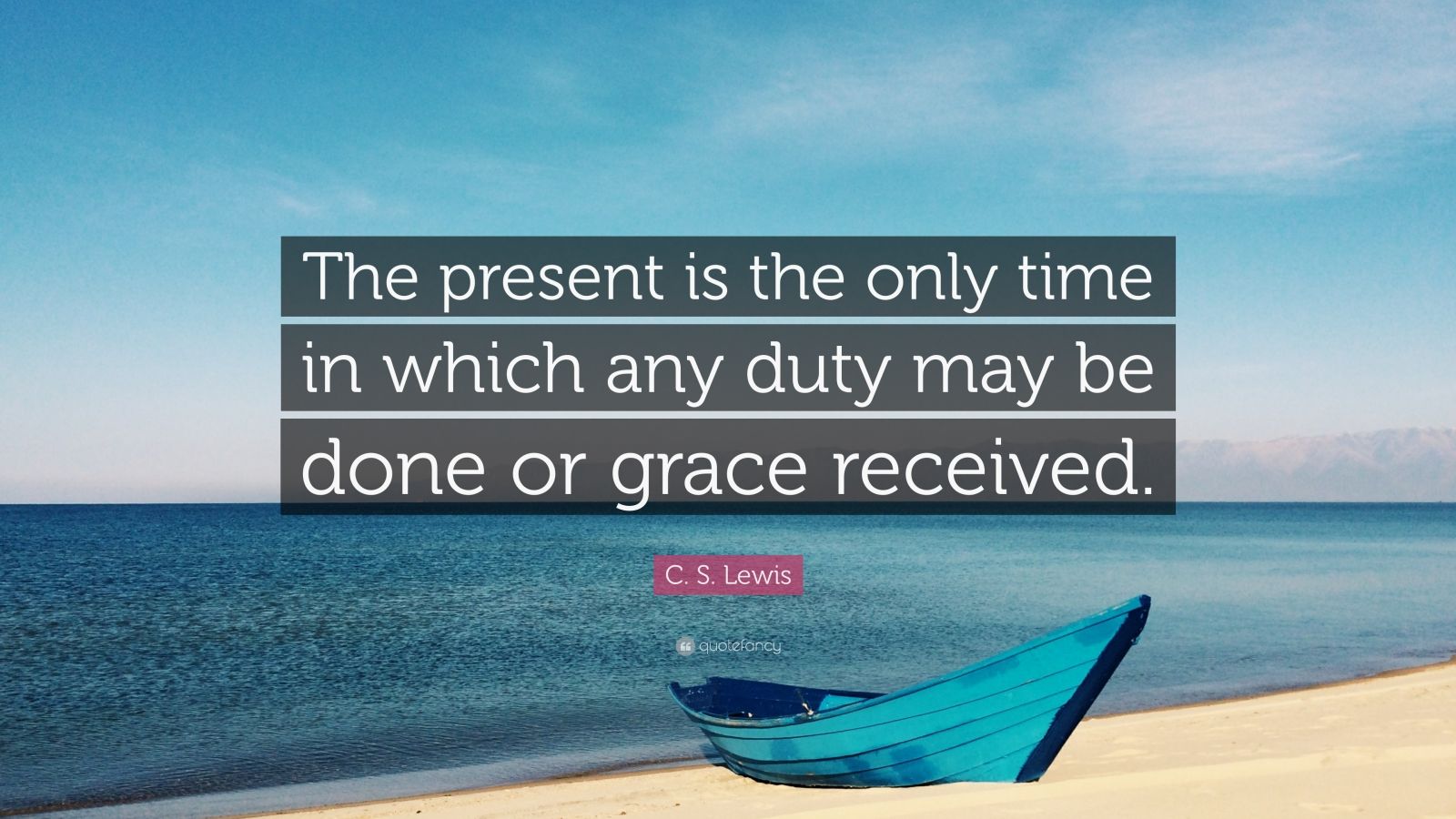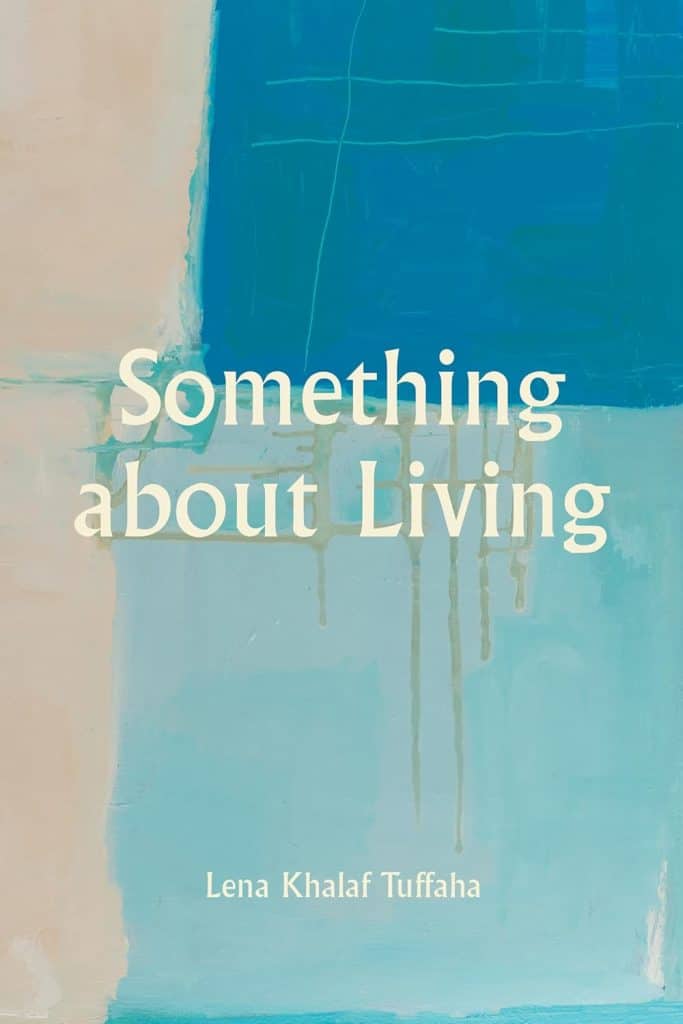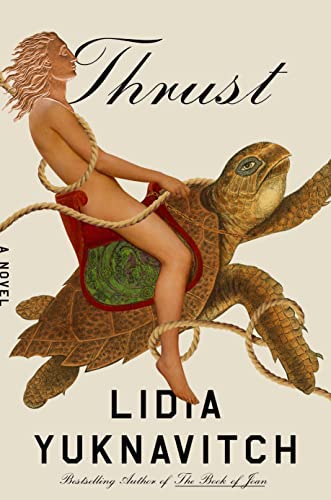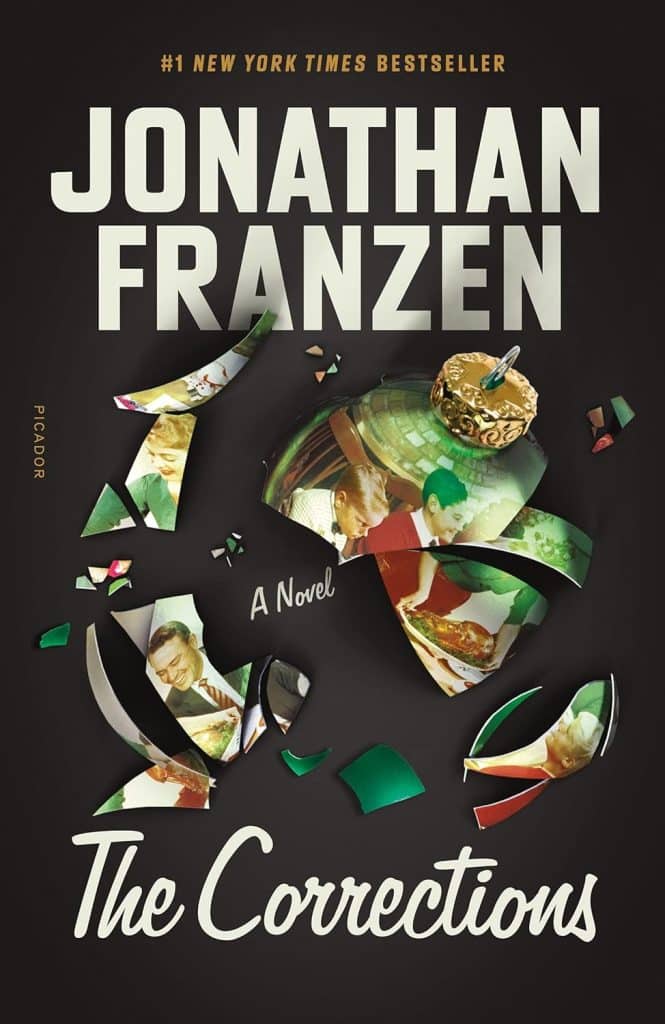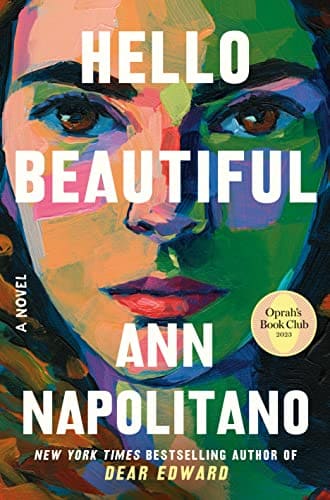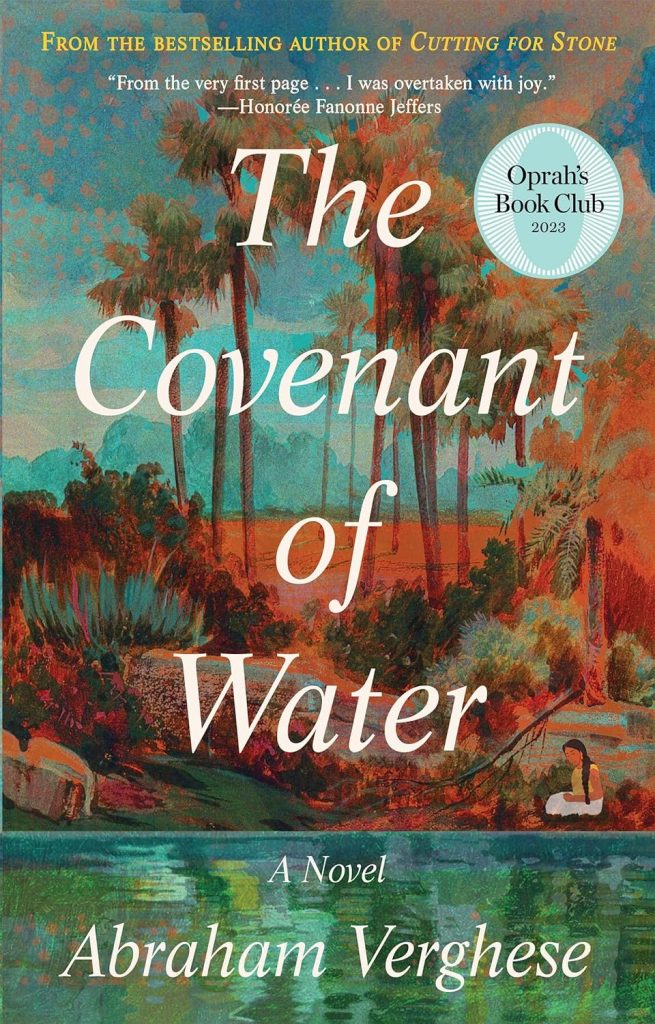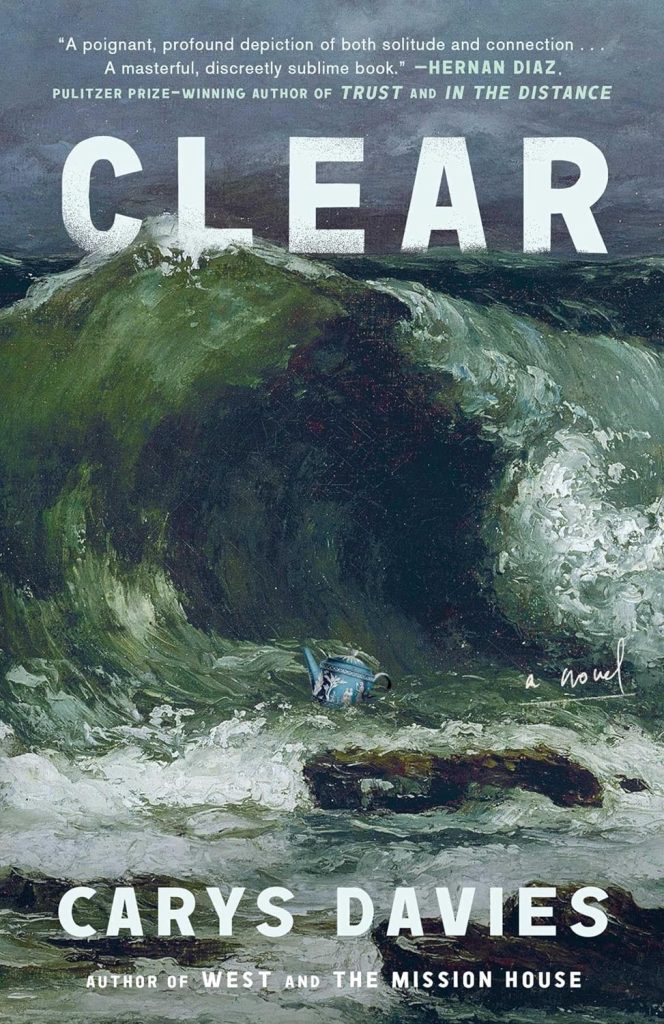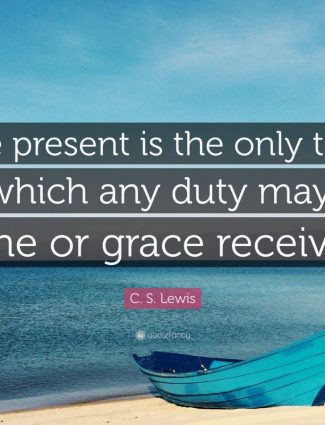
The Present is the Only Time I Am Alive!
Living on the Churning Surface of the Infinite Ocean!
Estimated reading time: 3 minutes, 10 secondsTime, a peculiar paradox, often leaves us in a struggle. There are days when we have abundant free time, yet we find it challenging to fill it with meaningful activities. Conversely, some days slip through our fingers too quickly, leaving us with an ever-growing list of unattended tasks. This struggle with time is something many of us can relate to, a shared experience that binds us in our human journey. I often wonder if my experience of time was similar to my younger working years or if hindsight has cast a more favorable glow upon those memories. After becoming a widow, I spent significant time trying to understand the human construct called time. I have learned that the only time that truly exists is the present.
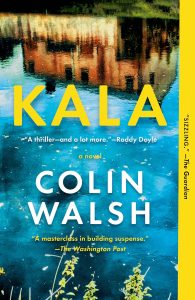 As I read Kala: A Novel by Colin Walsh, I was drawn to her Mother’s philosophical musings, which her friend Helen read after her death, particularly those on time and the present moment. These reflections resonated with my own experiences, especially after becoming a widow. Kala’s thoughts on the fluid nature of life and the importance of living in the present moment mirrored my journey of understanding and acceptance.
As I read Kala: A Novel by Colin Walsh, I was drawn to her Mother’s philosophical musings, which her friend Helen read after her death, particularly those on time and the present moment. These reflections resonated with my own experiences, especially after becoming a widow. Kala’s thoughts on the fluid nature of life and the importance of living in the present moment mirrored my journey of understanding and acceptance.
It came in the middle of a six-page-long sentence about time. Her idea was that everything that happens only takes place in the present. There is no past or future: when we think of the past, our memories occur in the present; when we imagine the future, we only do so from the standpoint of the present. Everything is always happening simultaneously on this one plane of existence, but we experience it as a flux. The churning surface of an infinite ocean.” That was how Mam described it. We live in the churning surface of the infinite ocean,” Mam wrote, “and each one of us is a churning surface of the infinite ocean.
Eureka! I exclaimed as I suddenly realized I lived in an endless ocean of possibilities. Embracing the fluid nature of my life, particularly as a widow, I understood that I must focus on living in the present moment rather than dwelling on the past or worrying about the future. Reflecting on the past in my writing is an accurate representation based on my current perspective. However, it is inevitably influenced by the experiences and emotions I am navigating through.
Toward the end of the book, Helen finishes reading Kala’s notebook. In the notebook, Kala refers to her Mam’s view of the future as Talmudic.
Basically, it’s this idea of how all suffering people project their ideas of something better into the future. So, by being alive now, we all carry this redemptive promise that was dreamed into time by the suffering people of the past. And, like, every present generation has the potential to honor that promise. What we do now can echo back and redeem what was lost. Every present moment is the gate through which the Messiah can pass. Something like that. Long story short, you gotta believe in the world if you want to save it.
I strongly believe in the world and those who have supported me on my journey, particularly now as a widower. My previous life with my wife was beautiful, but my memories transformed as I viewed the past from the lens of my present life. Embracing the idea that everything unfolds in the present helps me avoid being consumed by a past I can no longer inhabit. My memories continue to thrive and evolve as I embrace the present and plan for the future. This redemptive outlook gives me faith in the world and propels me to strive to improve it. It’s this faith, this belief in the potential for redemption and improvement, that keeps me hopeful and motivated, and I hope it does the same for you.


